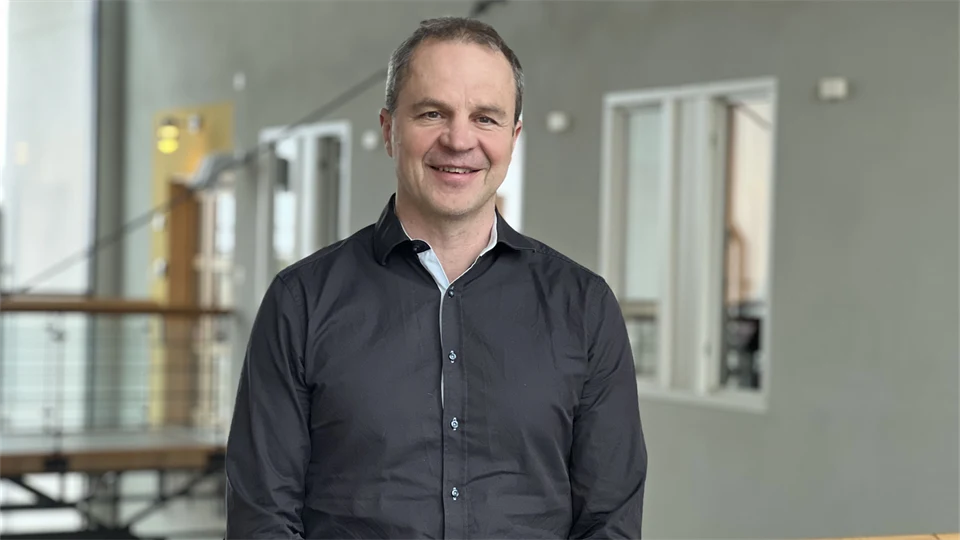Engineering physics – a path to the innovations of the future
The Master's Programme in Engineering Physics offers a unique combination of research, theory and practice as well as strong ties to business. Jonas Örtegren, associate professor and programme director, explains how students gain the knowledge needed to meet technical challenges of the future.
What makes the Master's Programme in Engineering Physics unique?
As a student, you will have a close connection to research, research groups and individual researchers at our research centre FSCN. Through project courses and degree projects, you will have the opportunity to immerse yourself in current research. The lectures also have a strong connection to the research environments we have at Mid Sweden University, which creates a dynamic and inspiring learning environment.
What interests do you need for the education to be suitable?
To thrive in the programme, it is an advantage if you appreciate a balance between theory and practice. We want our students to have the opportunity to discuss and solve assignments together with their teachers, which creates a stimulating and engaging educational environment.
What does a study week look like?
Engineering physics can be theoretically demanding, which is why we offer several ways to acquire knowledge. In addition to mathematical calculations, you will see the theory put into practice through laboratory work and simulations. We also place great emphasis on discussions where students and teachers together visualize and explore physical principles.
What opportunities are there to make contacts with the business community?
We have several collaborations with companies. It is partly about working with problem formulations from companies during the training to meet real needs. There is also an interest from companies that we work with the issues that exist in society that the industry wants to meet. There is also the opportunity to do your degree projects at companies.
What does the job market look like for a master's in engineering physics?
The programme provides a broad and deep theoretical foundation that can be used in many areas. Engineering physicists who have studied with us can work with problem solving in many different industries, thanks to the fact that they know a lot of mathematics and physics. Some of the courses at the end of the programme are about developing and improving materials and processes – a key competence for society's transition to more sustainable technologies and manufacturing methods.
What career opportunities are there after the programme?
After graduation, you can work with research, but also in a number of other professional roles. For example, you can become a project manager, product developer, or marketer. The programme also provides a good foundation for managerial roles in industries where advanced technical skills are in demand.
Your best advice to those who are considering applying?
Search! The programme provides a strong theoretical foundation combined with practical elements that make you well prepared for the labour market of the future. Engineering physics is an industry of the future – companies and society have a great need for this expertise to drive the development towards green technology.
